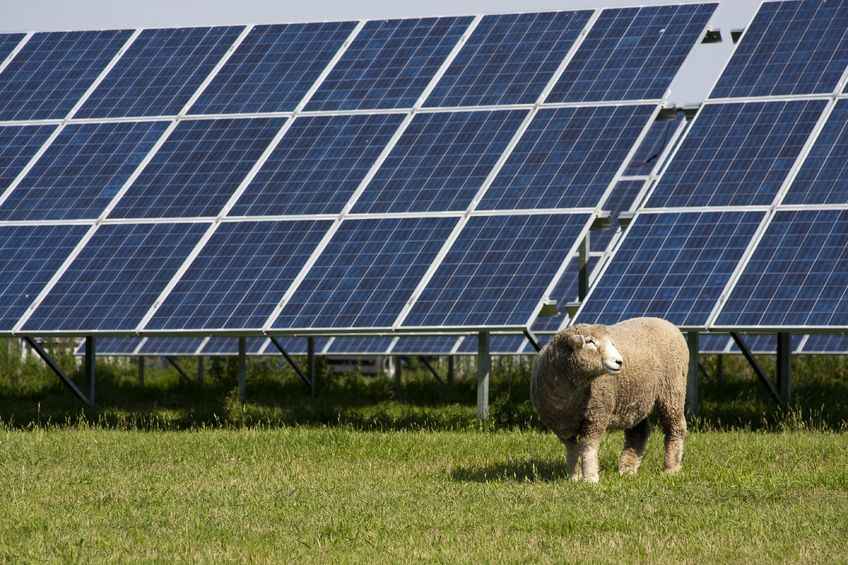
British farmers have been encouraged to diversify if they want to avoid the risk of financial difficulty after Brexit, a leading lawyer has said.
Farmers are being urged to “revisit their business plans” to ensure they are not caught out by potential cuts in subsidies when Britain leaves the European Union.
The value of commercial farmland is expected to fall by 3.6% in the wake of Brexit, and there are warnings that it is likely to be the worst-hit in the UK’s residential and commercial property sector.
One of the major challenges facing farmers is a possible reduction in the amount of subsidies compared to what they currently receive from the EU.
However, Defra Secretary Michael Gove is planning to drastically reform the system, arguing that it offers too much help to larger farms and not enough to smaller ones.
He is proposing that subsidies after Brexit will go to farms which deliver environmental benefits such as clean water, flood prevention and wildlife preservation.
Claire Barritt, a senior associate at law firm Prettys, said farms can prepare for the financial impact of post-Brexit changes by diversifying.
“We still don’t know for sure what the long-term subsidy strategy of the government is going to be post-Brexit,” she said.
“If, as expected, subsidies are reduced, then farmers will certainly have to look at diversification and efficiencies in how they run their businesses.”
Opportunities to raise additional income could include growing different crops, converting redundant barns to residential property and looking at ways to create commercial property as well as tourist accommodation.
Ms Barritt added: “An emerging school of thought is that the EU subsidy regime may have stifled innovation and entrepreneurial decision-making among some farmers.”
Research has found that from the 62% of UK farmers who have already diversified their businesses, over nine out of ten schemes (94%) have been financially successful.
The important role diversification plays in the sustainability of many farms was demonstrated, with nearly two thirds (63%) reporting that the income produced by diversification was ‘vital’ or ‘significant’ to their farm.
